Since the UBC Hospital MS Clinic’s opening in 1980, the research goal has been to find the CAUSE and CURE of MS.
Multiple Sclerosis Research
The UBC Hospital MS Clinic is led by a world renowned MS clinical research team. The Clinic is globally reputed for its emphasis on treatment, education, and translational research. The MS clinical research team comprises specialists in pharmaceutical and interventional therapies, imaging and genetics. It is a world leader for innovative research using MRI to study and evaluate MS treatments as well as genetic epidemiology. Cutting edge research and the incorporation of clinical practice to study findings have really truly brought MS research from “bench to bedside”.
PATHOLOGY
Ongoing exploration of the basic mechanisms of MS pathogenesis. The study of therapies with immunomodulatory as well as neuroprotective capabilities have the greatest promise in treating and preventing the disability attributed to inflammatory demyelination and neurodegeneration. Current projects apply molecular and cellular techniques in cell based and disease models to study the relative contributions of inflammatory cells and mediators to disease development (Jacqueline Quandt) in addition to the study of the Blood Brain Barrier (Katerina Dorivini-Zis).
IMMUNOLOGY
Study of antibody secretion in vitro using both myasthenia gravis and MS as models and the development of assays to measure antibodies to interferon in MS (Joel Oger). The study of whether autoimmunity to lipid antigens plays a role in the pathophysiology of disease such as multiple sclerosis.
MS/MRI RESEARCH GROUP (MRI)
The MS MRI Research Group (David Li, Tony Traboulsee) designs multicentre clinical trial protocols for MRI and central MRI analysis. MS/MRI is a multi-disciplinary group of neurologists, radiologists, computer programmers, statisticians and scientists working together to design MRI protocols for use in phase I, II, III and IV multicenter clinical trials in MS. The MS/MRI Research Group is focused on developing better trial methodologies to improve the lives of people with neurological diseases.
GENETICS
Research on genetic susceptibility to MS has been a very productive and successful part of the MS program (Dessa Sadovnick) in addition to studying epidemiology, pathobiology, and the clinical outcome of Canadian children with clinically isolated demyelinating syndromes (CIS).
EPIDEMIOLOGY
Ongoing investigation of possible underlying factors driving disease progression from genes to the environment (Helen Tremlett). A core component of this program focuses on bringing together, for the first time, multiple large health databases created for over two decades by physicians, pharmacists and allied healthcare professionals. Ultimate aim is to improve the health, treatment options and outcome for people and families living with MS.
REHABILITATION & OCCUPATIONAL THERAPY
Research in chronic neurological conditions and their impact on chosen occupations (Susan Forwell). Current projects include research investigating occupations related to significant life transitions, community integration, and health and well being; fatigue in multiple sclerosis (MS); pain and fatigue in spinal cord injury (SCI); fatigue in traumatic brain injury (TBI); and adults successfully living with MS.







